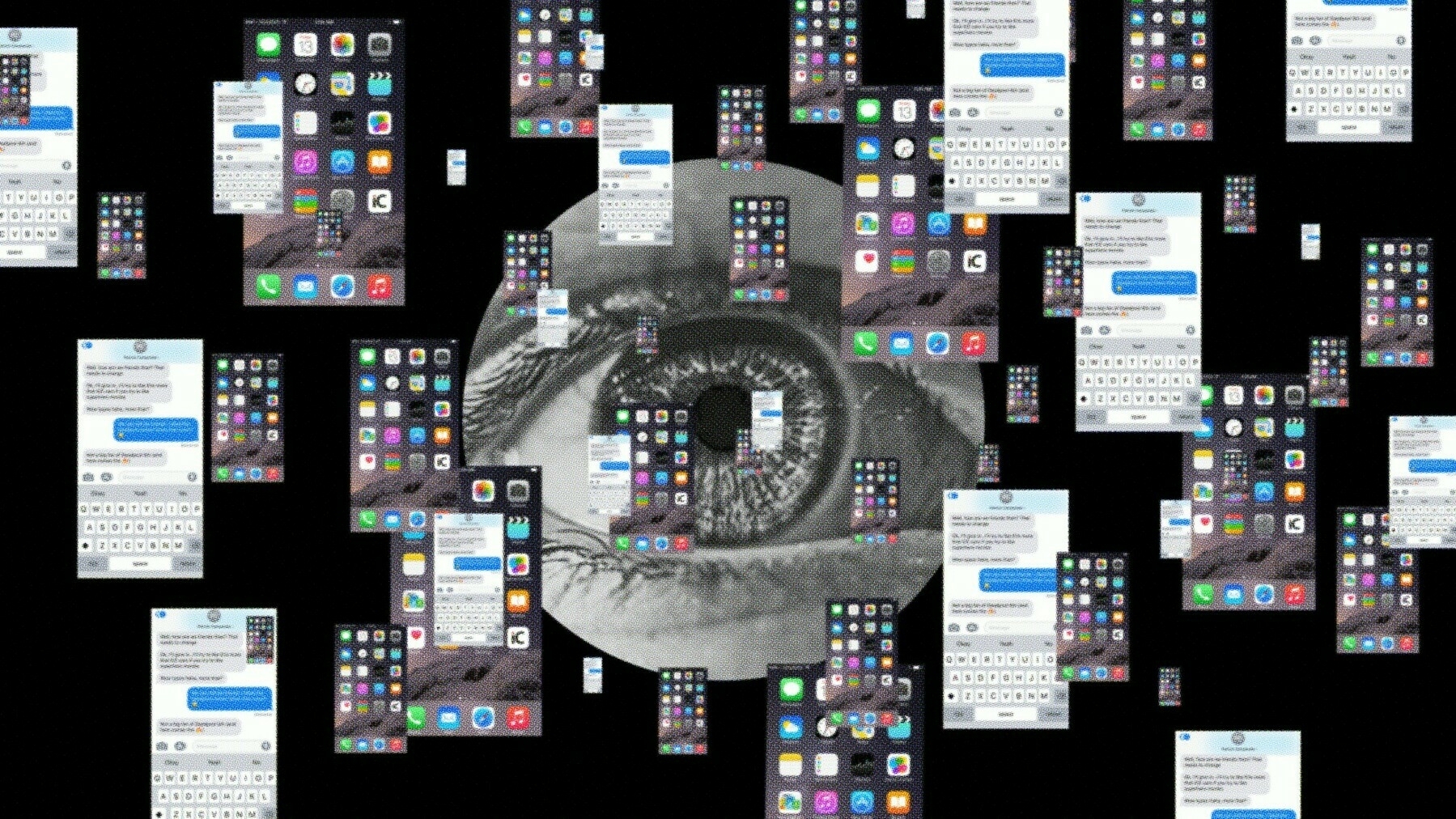-
Community forms based off of a common interest, personality, value set, etc. We’ll describe “people who strongly share the interest/personality/value” as Possums: people who like a specific culture. These people have nothing against anybody, they just only feel a strong sense of community from really particular sorts of people, and tend to actively seek out and form niche or cultivated communities. To them, “friendly and welcoming” community is insufficient to give them a sense of belonging, so they have to actively work to create it. Possums tend to (but not always) be the originators of communities.
-
This community becomes successful and fun
-
Community starts attracting Otters: People who like most cultures. They can find a way to get along with anybody, they don’t have specific standards, they are widely tolerant. They’re mostly ok with whatever sort of community comes their way, as long as it’s friendly and welcoming. These Otters see the Possum community and happily enter, delighted to find all these fine lovely folk and their interesting subculture.(e.g., in a christian chatroom, otters would be atheists who want to discuss religion; in a rationality chatroom, it would be members who don’t practice rationality but like talking with rationalists)
-
Community grows to have more and more Otters, as they invite their friends. Communities tend to acquire Otters faster than Possums, because the selectivity of Possums means that only a few of them will gravitate towards the culture, while nearly any Otter will like it. Gradually the community grows diluted until some Otters start entering who don’t share the Possum goals even a little bit – or even start inviting Possum friends with rival goals. (e.g., members who actively dislike rationality practices in the rationality server).
-
Possums realize the community culture is not what it used to be and not what they wanted, so they try to moderate. The mods might just kick and ban those farthest from community culture, but more frequently they’ll try to dampen the blow and subsequent outrage by using a constitution, laws, and removal process, usually involving voting and way too much discussion.
-
The Otters like each other, and kicking an Otter makes all of the other Otters members really unhappy. There are long debates about whether or not what the Possum moderator did was the Right Thing and whether the laws or constitution are working correctly or whether they should split off and form their own chat room
-
The new chat room is formed, usually by Otters. Some of the members join both chats, but the majority are split, as the aforementioned debates generated a lot of hostility
-
Rinse and repeat—
Otters vs. Possums
It’s an odd metaphor, but the behaviours described in terms of internet communities are definitely something I’ve witnessed in 25 years of being online.
(This post is from 2017 but popped up on Hacker News recently.)
There’s a pattern that inevitably emerges, something like this:Source: Internet communities: Otters vs. Possums | knowingless
Screenshot culture
I’d love to see a longer article about this because discussing the role screenshots play in our increasingly-digitally-mediated culture is fascinating to me. Especially as they’re so easy to fake.

But the most important trait of screenshots now is that they’re slippery: A personal exchange can become a meme or a weapon; a random moment can turn into a work of art or mutate into a callout. The alt-lit community—the internet’s short-lived literary movement—was founded by people who used screenshots of text messages, Gchat conversations, and Snapchats to make poems and digital art. It was later blown up by alleged sexual predators who were exposed via screenshots of their other messages, which circulated on Tumblr and Twitter. The rapper 50 Cent published text-message screenshots on Instagram in which he berated Randall Emmett, the husband of a Vanderpump Rules cast member, for being late on a debt payment, but no one remembers that original tough talk. They remember that Emmett wrote “I’m sorry fofty” over and over, inexplicably, a phrase that lives forever on Etsy—you can get it on a T-shirt, a tote, a wine glass, a onesie. (I received a sparkling im sorry fofty coaster for my birthday last year.)Source: Screenshots, the Gremlins of the Internet - The AtlanticThese transformations lend a spectral quality to screenshots: Corry calls them the “evidentiary technique haunting the online realm.” Her recent paper examines the case of the former New York representative Anthony Weiner, who was humiliated by the leak of a lewd Twitter message in 2011, leading to his resignation from Congress. Two years later, more screenshots of more NSFW online messages leaked to the press, effectively ending his run for New York City mayor; and three years after that, it happened again, becoming an unexpected and wild tabloid story in the run-up to the 2016 election. (Weiner was later convicted of a felony for sending explicit messages to a 15-year-old, and served 18 months in prison.) Reporting on his downfall suggested that a lack of tech savvy played a role: If Weiner had known anything about anything, he would have come up with some better operational security. He was condemned for his predatory behavior, but also mocked for “not knowing how to use the internet,” Corry told me—a shame on top of a shame. How could you be so clueless as to not fear the ever-lurking screenshot?
On the cultural value of memes
I’ve always been a big fan of memes. In fact, I discuss them in my thesis, ebook, and TEDx talk. This long-ish article from Jay Owens digs into their relationship with fake news and what he calls ‘post-authenticity’. What I’m really interested in, though, comes towards the end. He gets into the power of memes and why they’re the perfect form of online cultural expression.
So through humour, exaggeration, and irony — a truth emerges about how people are actually feeling. A truth that they may not have felt able to express straightforwardly. And there’s just as much, and potentially more, community present in these groups as in many of the more traditional civic-oriented groups Zuckerberg’s strategy may have had in mind.The thing that can be missing from text-based interactions is empathy. The right kind of meme, however, speaks using images, words, but also to something else that a group have in common.
Meme formats — from this week’s American Chopper dialectic model to now classics like the “Exploding Brain,” “Distracted Boyfriend,” and “Tag Yourself” templates — are by their very nature iterative and quotable. That is how the meme functions, through reference to the original context and memes that have come before, coupled with creative remixing to speak to a particular audience, topic, or moment. Each new instance of a meme is thereby automatically familiar and recognisable. The format carries a meta-message to the audience: “This is familiar, not weird.” And the audience is prepared to know how to react: you like, you respond with laughter-referencing emoji, you tag your friends in the comments.Let's take this example, that Owens cites in the article. I sent it to my wife via Telegram, which an instant messaging app that we use as a permanent backchannel).

Her response, inevitably was: 😂
It’s funny because it’s true. But it also quickly communicates solidarity and empathy.
The format acts as a kind of Trojan horse, then, for sharing difficult feelings — because the format primes the audience to respond hospitably. There isn’t that moment of feeling stuck over how to respond to a friend’s emotional disclosure, because she hasn’t made the big statement directly, but instead through irony and cultural quotation — distancing herself from the topic through memes, typically by using stock photography (as Leigh Alexander notes) rather than anything as gauche as a picture of oneself. This enables you the viewer to sidestep the full intensity of it in your response, should you choose, but still, crucially, to respond). And also to DM your friend and ask, “Hey, are you alright?” and cut to the realtalk should you so choose to.So, effectively, you can be communicating different things to different people. If, instead of sending the 90s kids image above directly to my wife via Telegram, I'd shared it to my Twitter followers, it may have elicited a different response. Some people would have liked and retweeted it, for sure, but someone who knows me well might ask if I'm OK. After all, there's a subtext in there of feeling like you're "stuck".
Owens goes on to talk about how that memetic culture means that we’re living in a ‘post authentic’ world. But did such authenticity ever really exist?
So perhaps to say that this post-authentic moment is one of evolving, increasingly nuanced collective communication norms, able to operate with multi-layered recursive meanings and ironies in disposable pop culture content… is kind of cold comfort.Amen to that.Nonetheless, author Robin Sloan described the genius of the “American Chopper” meme as being that “THIS IS THE ONLY MEME FORMAT THAT ACKNOWLEDGES THE EXISTENCE OF COMPETING INFORMATION, AND AS SUCH IT IS THE ONLY FORMAT SUITED TO THE COMPLEXITY OF OUR WORLD!”
Source: Jay Owens
Everything is potentially a meme
Despite — or perhaps because of — my feelings towards the British monarchy, this absolutely made my day:


Isn’t the internet great?
Source: Haha
